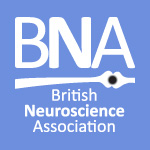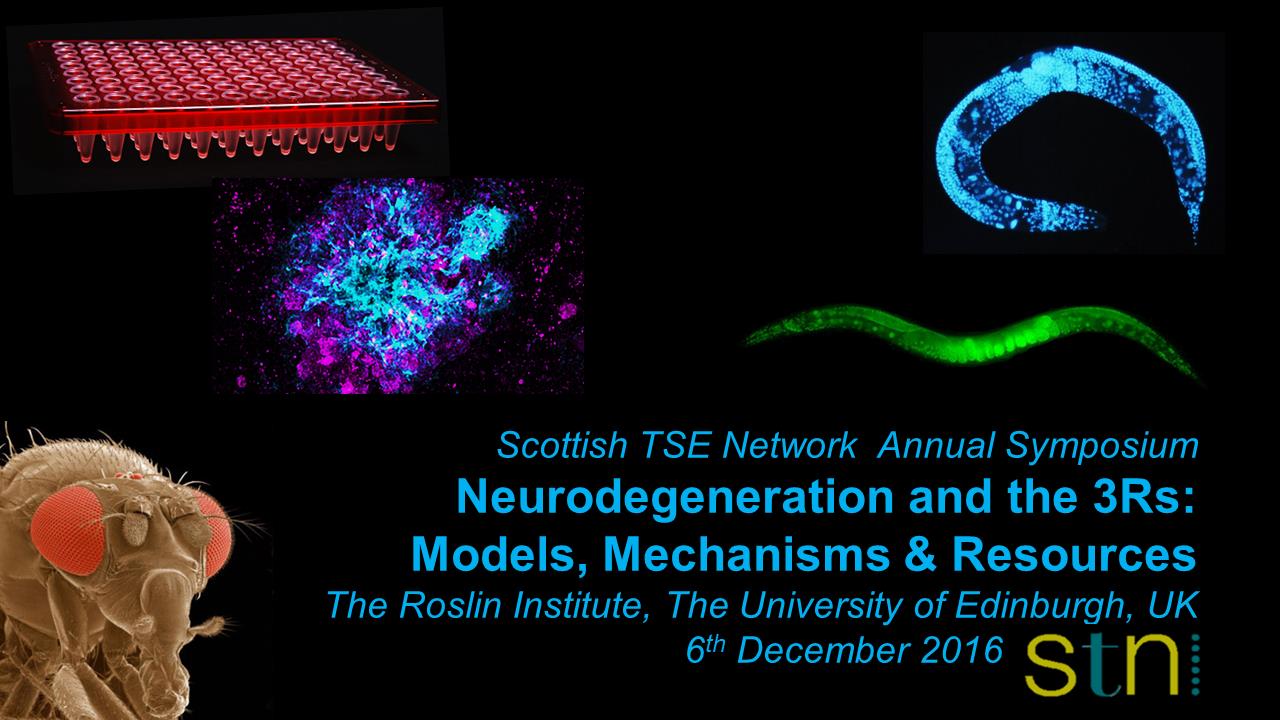Article: Can organisational neuroscience inform the practice of coaching psychology and team coaching psychology?
Can organisational neuroscience inform the practice of coaching psychology and team coaching psychology?
Abstract
This paper considers if organisational neuroscience can inform coaching psychology and more specifically, team coaching psychology practice. Definitions of neuroscience, organisational neuroscience, coaching psychology and team coaching psychology are provided. The paper concludes that further research is needed.
Keywords: Neuroscience, organisational neuroscience, coaching psychology, team coaching psychology, coaching
Citation: Kennedy, J. J. & Palmer, S. (2023). Can organisational neuroscience inform the practice of coaching psychology and team coaching psychology? Coaching Psychology International, 16, 2, 1-7.
Article can be downloaded from ResearchGate.

